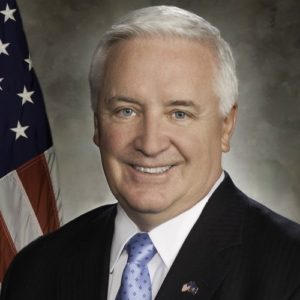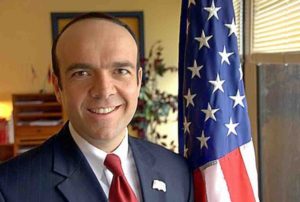Handicapping Medicaid Expansion in PA
Will he or won’t he?
That question is still on the minds of many as Pennsylvania Governor Tom Corbett continues neither to declare that the state will expand its Medicaid program as provided for in the Affordable Care Act nor to confirm the suspicion of most observers that he will choose not to expand the program beyond its current 2.2 million recipients.
As of right now, 12 states appear to be undecided about Medicaid expansion. The Safety-Net Association of Pennsylvania (SNAP) supports Medicaid expansion.
For a closer look at the situation in Pennsylvania, including an account of which interest groups are for expansion and which are not as enthusiastic as one might expect, read this column from the Central Penn Business Journal.
from the Central Penn Business Journal.







